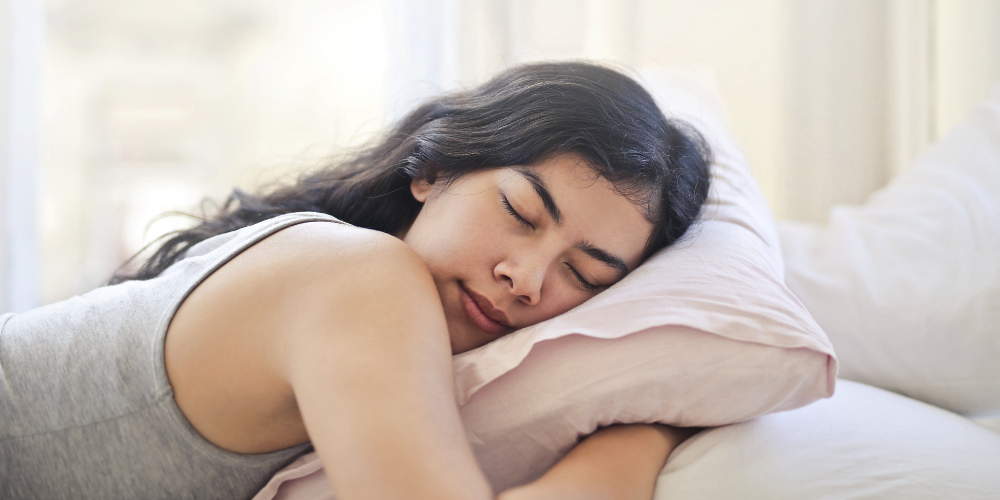
It’s no secret, a good night’s sleep does wonders for you. It helps keep you healthy and enables your brain to function properly, which means you can do things like concentrate, process memories, and think clearly.
Over time, not sleeping well can lead to various health issues, including anxiety, depression, and weight gain. If this sounds familiar, you’re not alone: one-quarter of adults in Canada reported trouble going to sleep or staying asleep most or all of the time, according to Statistics Canada.
The good news is, you don’t have to turn to hormones or sleeping pills to help you get that shut-eye. You can try natural, herbal alternatives instead. We take a closer look at a few of these below, and how effective they are as an insomnia remedy.
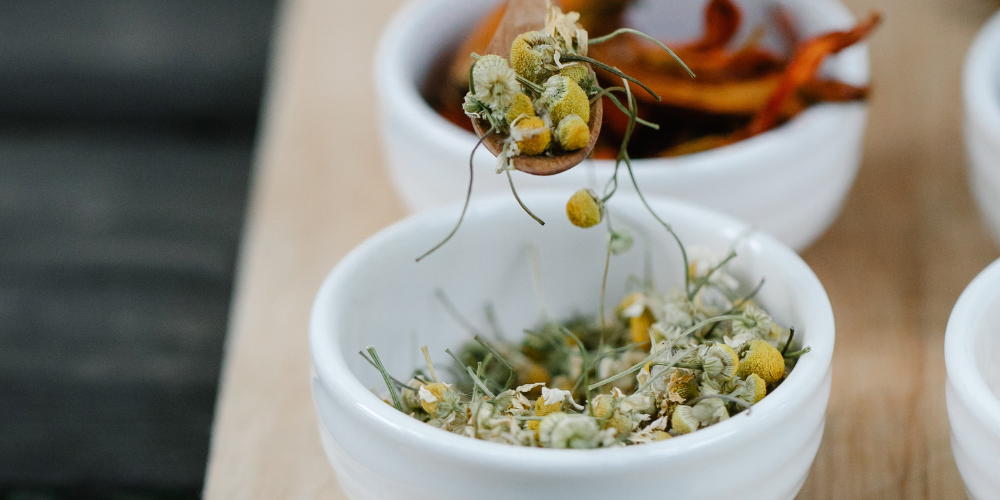
Chamomile for Better Sleep
Chamomile has been used for thousands of years to relieve everything from ulcers to hemorrhoids and insomnia. The plant’s flower head contains a flavonoid called apigenin, which binds to benzodiazepine receptors in the brain, producing a sedative effect.
Results of one study of 80 women who had recently given birth and were experiencing poor sleep quality suggest the women who drank chamomile tea had fewer symptoms of depression and inadequate sleep.
Chamomile tea is widely available. Look for it in supermarkets or natural food stores.

Lavender for Better Sleep
Sweet dreams are made of lavender. Well, inhaling the scent of the herb’s essential oil may help you achieve deep sleep where vivid dreams occur.
The lavender essential oil contains chemical components called camphor, linalool, and linalyl acetate. This trio acts as sedatives, and they may also ease anxiety, which is an obvious win-win when it comes to sleeping. A review of studies backs this up.
One study included in the review examined the effectiveness of inhaling the scent of lavender on sleep quality. The results show that subjects who did so improved their average scores on a sleep quality index.
You can use lavender essential oil in a diffuser to benefit from its scent. Find it in drugstores and natural food shops.
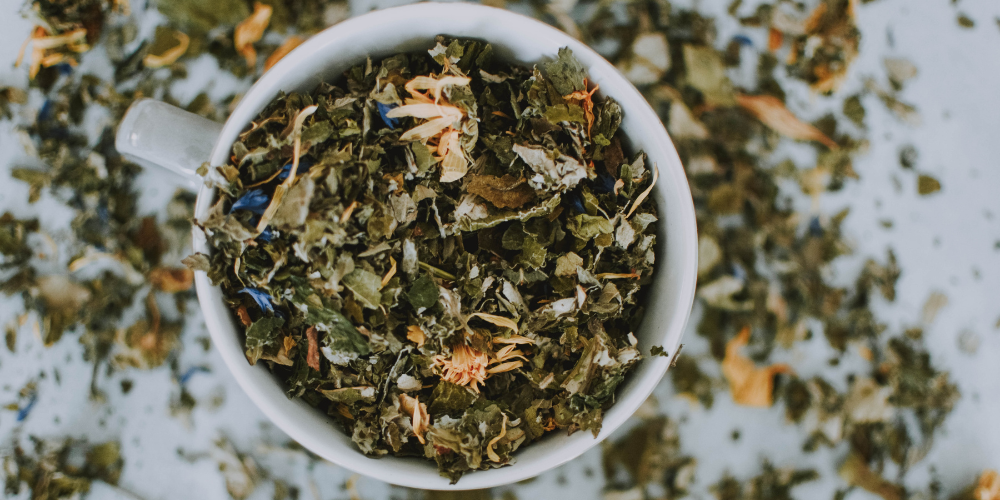
Valerian for Better Sleep
Scientists are still figuring out how valerian fully works, but they believe it boosts the amount of gamma-aminobutyric acid (GABA). This brain chemical helps regulate neurons (nerve cells) and has a calming effect on anxiety.
A review of several studies on valerian as a sleep aid indicates the herb may improve sleep quality, and it may have an edge over other sleep aids because there’s no hangover effect the next morning.
If you’d like to try valerian for yourself, you can find it sold as capsules in drugstores and natural food stores.
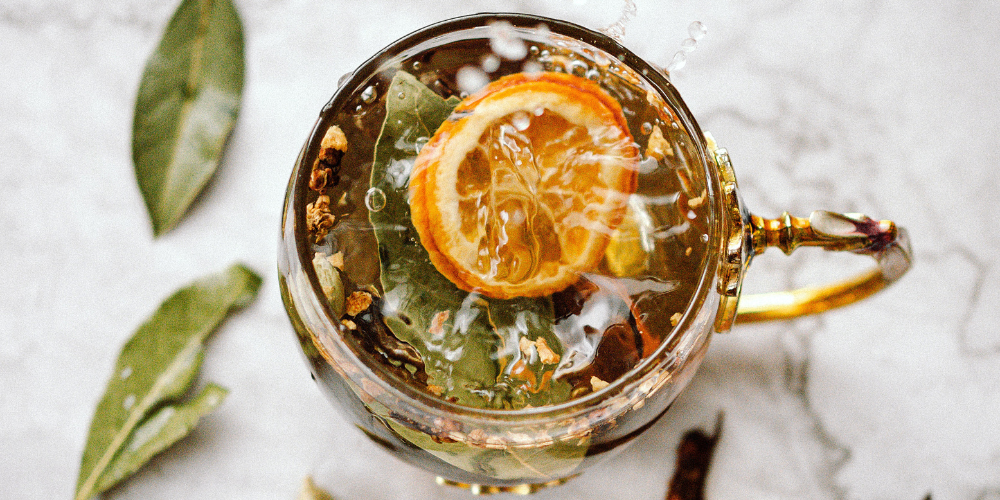
Lemon Balm for Better Sleep
“Lemon balm” just sounds calming, doesn’t it? And apparently, it actually is a plant extract of lemon balm leaves, Cyracos, which contains phytochemicals that inhibit the breakdown of GABA.
One study found Cyracos reduced mild to moderate anxiety, anxiety-related symptoms, and insomnia in study participants by 18%, 15%, and 42%, respectively. The researchers noted the extract needs to be administered regularly to be effective.
Lemon balm is available as capsules and tinctures. You can also find it at your drugstore or natural food shop.
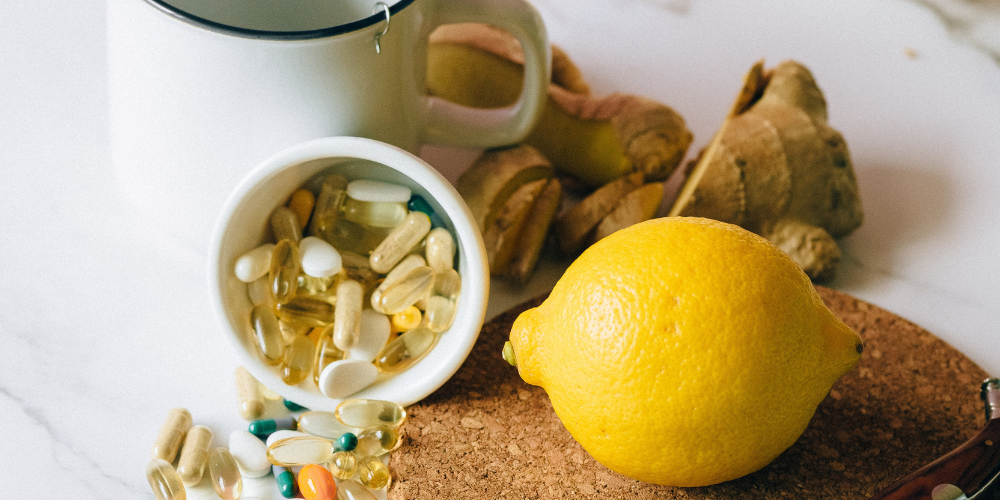
Ashwagandha for Better Sleep
Winter cherry, Indian ginseng, or ashwagandha — no matter what you call it, it’s another herb that may act on GABA receptors to promote sleep. In addition, triethylene glycol, another compound in the herb, may help you drift off.
Extract of ashwagandha, one study found, may not only improve sleep quality and reduce the amount of time it takes to fall asleep but it’s also well-tolerated at a dose of 300 mg twice a day.
You can try ashwagandha capsules to help you sleep better. Look for it where vitamins and supplements are sold.
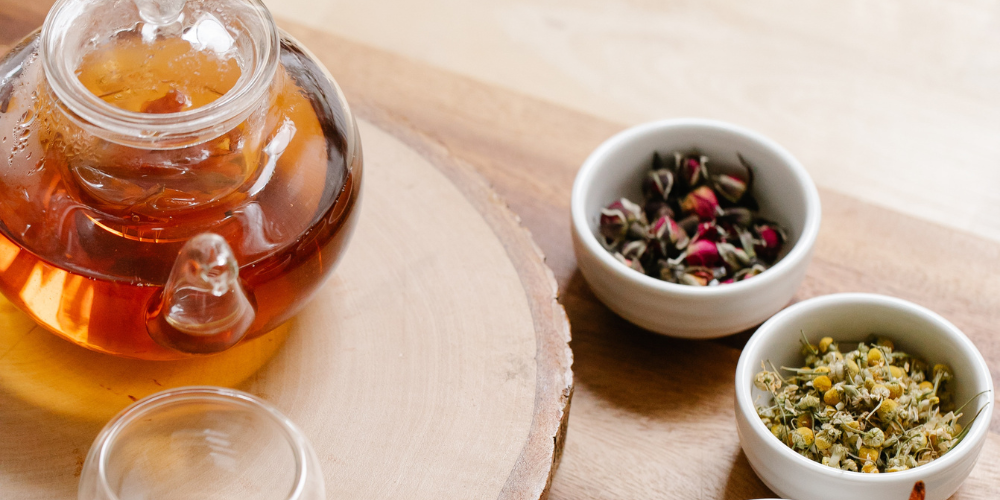
Before You Try Herbs as an Insomnia Remedy …
Chamomile, lavender, valerian, lemon balm, and ashwagandha may be effective sleep aids.
If you do try one of them, note your energy level may change throughout the day, but that could be a result of getting more and better quality sleep!
Before you take any herbal supplement, however, it’s essential to speak to your doctor, especially if you’re taking any medications or have any underlying health conditions.
Interested in more body care products made with natural ingredients? Visit Think Dirty.
Disclosure: We are a professional review and product rating website and mobile app that receives compensation from the companies whose products we review and rate. We are independently owned and the opinions expressed here are our own interpretations of a trusted source.
Herbal Remedies for Insomnia: A Complete Guide was originally published in Think Dirty on Medium, where people are continuing the conversation by highlighting and responding to this story.